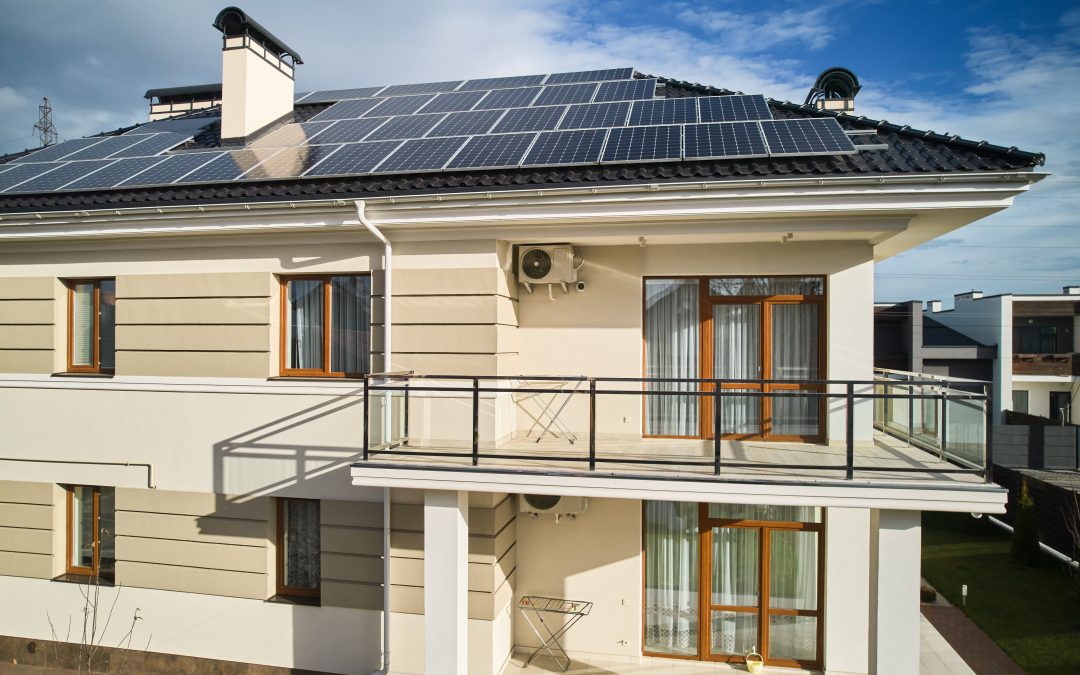As the world shifts towards more sustainable energy sources, solar power is becoming an increasingly popular choice for homeowners and businesses alike. One key incentive driving this transition is the Solar Renewable Energy Certificate (SREC), a powerful tool that can transform solar systems into lucrative investments.
Understanding Solar Renewable Energy Certificates (SRECs)
Solar Renewable Energy Certificates, or SRECs, represent 1,000 kilowatt-hours (kWh) of electricity generated by solar panels. These certificates can be sold or traded on the market, providing a steady income stream for solar system owners. SRECs can transform your solar system into a flow of cash back into your pockets.
For example, a typical 10 kW solar system producing 12,000 kWh annually can generate about 12 SRECs each year. With the current rate of approximately $435 per certificate, homeowners can earn about $5,220 annually from selling their SRECs. This income can significantly offset the initial cost of the solar panels and continue providing financial returns for up to 18 years.
Diverse Financing Options for Solar Investments
Investing in solar energy is more accessible than ever, thanks to a variety of financing options. Renewable Energy Solar offers flexible solutions tailored to meet different financial and risk profiles. These include:
- Cash Purchases: Ideal for those who can afford the upfront cost and want to maximize their savings.
- Loans: Allow homeowners to spread the cost over time while still benefiting from solar savings.
- Power Purchase Agreements (PPAs): Enable customers to pay for the power generated by the solar system, usually at a lower rate than traditional utility prices.
- Leases: Offer the benefits of solar energy without the responsibility of ownership.
Tax Credits and Depreciation Benefits
For real estate investors and developers, solar investments are particularly attractive due to substantial tax credits and depreciation benefits available under the Inflation Reduction Act. These financial incentives can significantly enhance the return on investment, making solar energy a smart choice for long-term savings and sustainability.
Tax credits, such as the Federal Investment Tax Credit (ITC), allow solar system owners to deduct a portion of their solar costs from their federal taxes. Currently, the ITC covers 26% of the installation costs for systems installed through 2022, dropping to 22% in 2023. Additionally, accelerated depreciation under the Modified Accelerated Cost Recovery System (MACRS) enables businesses to recover solar investment costs more quickly.
Making a Long-Term Investment in Sustainability
The shift to solar is not only about cost savings but also about making a long-term investment in the sustainability of the planet. Households and businesses in Washington D.C. can significantly reduce their utility bills, enjoy a stable cash flow from SREC sales, and contribute to reducing carbon emissions.
Solar energy is a renewable resource that helps decrease reliance on fossil fuels, which are major contributors to greenhouse gas emissions. By choosing solar, homeowners and businesses can play a crucial role in mitigating climate change.
Furthermore, as the cost of solar technology continues to decrease, the return on investment becomes even more compelling. Solar panels typically have a lifespan of 25-30 years, during which they produce free electricity after the initial payback period, leading to substantial savings over time.
The Broader Impact of Solar Energy
In addition to financial benefits, adopting solar energy contributes to broader environmental and societal goals. Solar energy reduces the strain on the electrical grid, particularly during peak demand times, which can help prevent blackouts and reduce the need for additional power plants.
Moreover, the solar industry creates jobs and stimulates economic growth. According to the Solar Energy Industries Association (SEIA), the solar industry employs hundreds of thousands of people in the U.S., and this number is expected to grow as more households and businesses switch to solar power.
While there are logistical issues in making the change, we can solve them all for you, easily and economically. Contact Us at Renewable Energy and we’ll show this can be done to your advantage.


Recent Comments